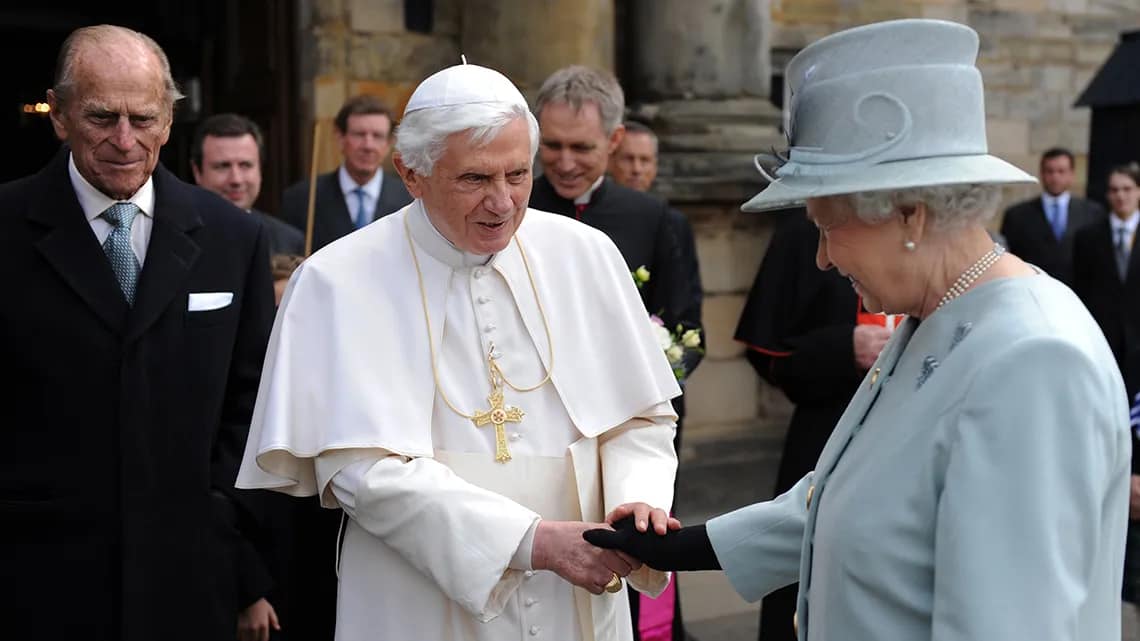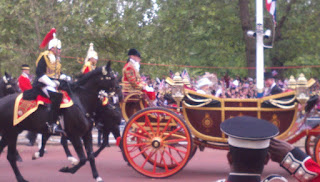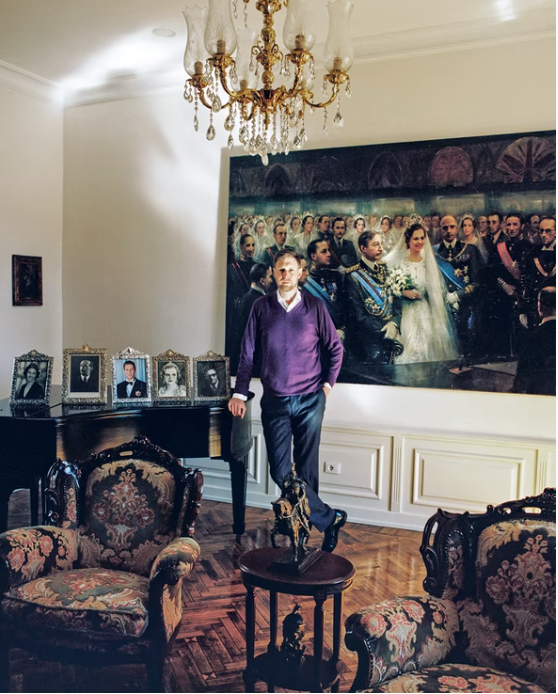I know it’s normal to be sad now. But honestly, I also feel just a little bit ashamed. God gave me 44 years—or, even if only adulthood is considered, 26–to make sure that by the time this happened, I would be living there and (if so for at least six years) could have sworn allegiance to her. 🇬🇧 But I didn’t do that. I did, at least, finally try in 2016 with the Philharmonia, so don’t feel quite as bad as I would if I’d never even tried. But only once, and a little late.
In 1999-2000, when I was getting ready to graduate from
Indiana University and wondering what to do next, I went as far as requesting and receiving brochures from the
Royal Academy and
Royal College of Music in London. But at 21, never having even visited the UK, I wasn’t sure how moving to London and so forth would work, didn’t know anyone there or anything about living there, and didn’t seriously pursue it. New York—not that there was anything wrong with
Juilliard!—though still a change was so much easier. And then one thing led to another, and I stayed here, admittedly with much to be grateful for on this side of the pond.
And now over the next few days thousands of people, most of whom in their daily lives are probably not nearly as obsessed with the
Monarchy as I am, are standing in unprecedented queues in London to pay their respects, because they’re decent patriotic people, and I won’t be there. I can explain why, I have my reasons, my job, my financial concerns, but still they feel like they might be excuses.
I wish I could have met her just once. Even as one of those lucky people in the front of the crowd behind a barrier for a walkabout. Better yet, actually presented. After all, many people did, over the years, in moments they will never forget. I did see her in person on three occasions, her Golden Jubilee in 2002, her Diamond Jubilee in 2012 (pictured), and Garter Day in 2015. I'm glad that I wrote her a few times and always received a nice reply from the Palace.
But a comforting thought is that if God knows how much I loved her and what she stood for, she does now too.























.jpg)














